Do you want to become an architect of intelligent sensor systems?
- Master
- Full-time
- 3 semesters
Do you want to become an architect of intelligent sensor systems?
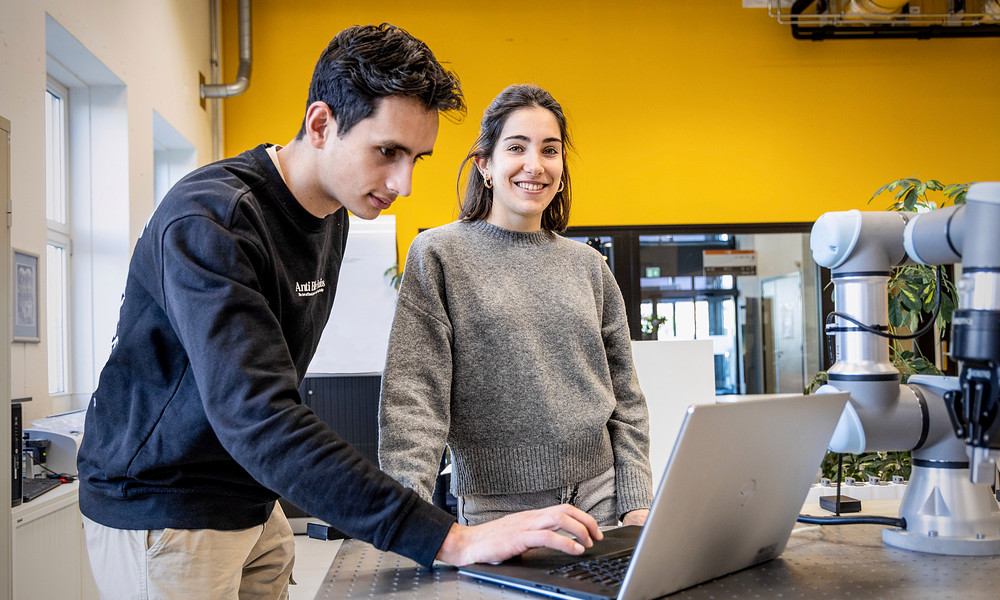
Do you want to learn how to build and develop smart systems that are able to interact with their environment? Do you want to be able to move beyond simply generating data? Do you want to implement intelligence at the point of data generation to enable smart interventions in response to changes in the environment? Then this is the master programme for you! You will be challenged to always look beyond what is known to be possible. Smart Systems are the future, so get involved now! What you will find:
✔ International learning community ✔ High-end facilities ✔ Real life clients and assignments
During your master’s, you will be involved in projects that combine working in research, education and industry. Through applied research you come up with innovative solutions for genuine societal issues. Below, you can find some examples of projects our master’s students engage in.
Within this master you will cover theory and models so that you can solve complex design issues as a smart systems engineer. You will be well prepared for the work field through topics such as Phyton Programming. We have highlighted the themes below.

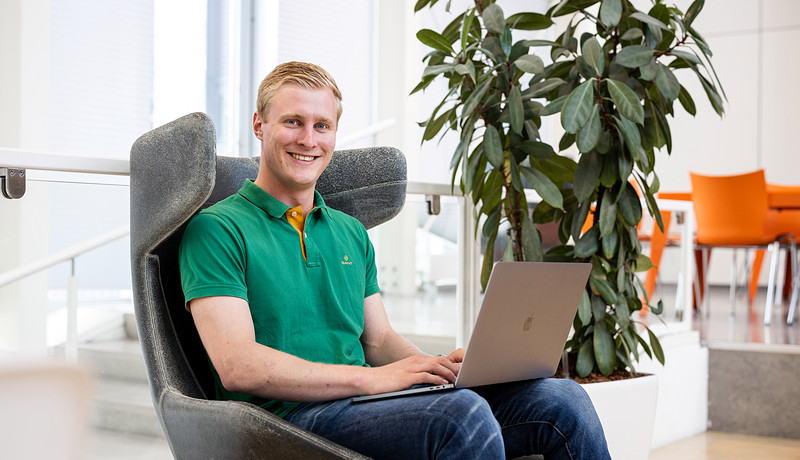
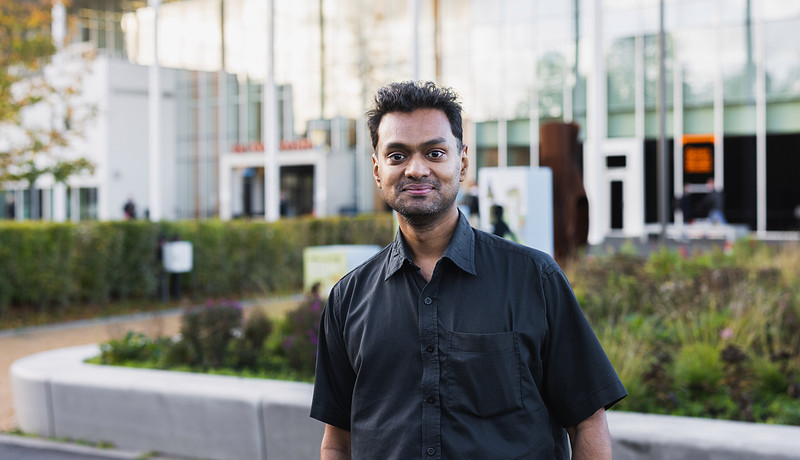


Lecturer, Project Tutor and Graduation Supervisor

Professional Skills Lecturer & mentor

You will learn how the build and develop smart sensor systems that can interact with their environment. You will apply your skills and expertise in domains like health, energy and high-tech systems and materials (HTMS). In these areas the application of smart system technology is rapidly evolving, affecting and benefitting the lives and wellbeing of billions of people. You will work on real-life projects from clients and work closely with clients, which means you will gain experience right from the start! In short, this programme contains the cutting edge between data science, system intelligence and building the product that the outside world wants to have.
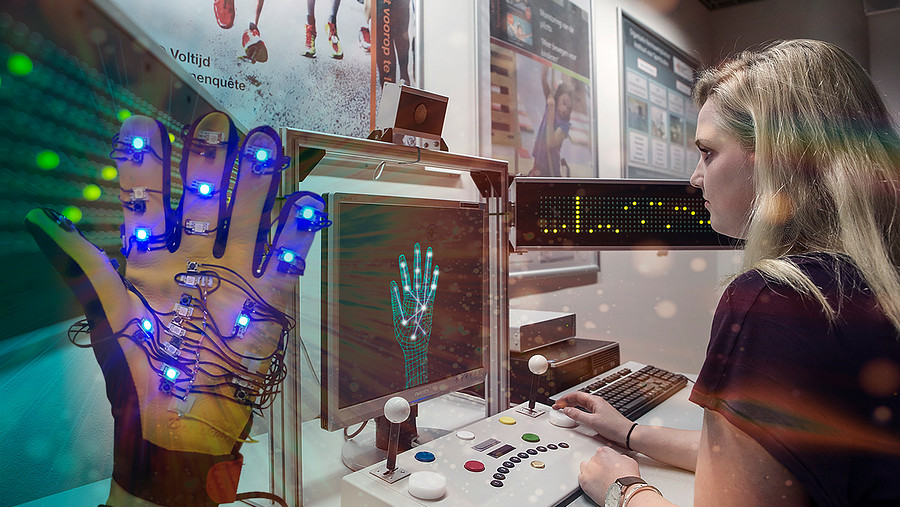
You will learn how to integrate data coming from multiple, complex sensors and how to interpret this data correctly. In courses like Applied Machine Learning you will also learn how to apply data analysis algorithms. You will be provided with the knowledge and tools required to model and design complex smart systems from big data applications and digital signal processing. By working on various projects you can demonstrate what you learned within a practical setting. You will follow non-technical courses, such as Sustainable Research Skill, which will provide you with the ability to reflect on the sustainability of developed systems.
You will focus on the practical implementation of acquired skills and knowledge. You will learn more complex algorithms and choose which field you want to focus on. Courses include Products and Service Design, where you will focus on the full designing process of a smart system related to an application. During the Sensor Application Specialisation, you will explore various sensor applications in your chosen field (health, energy or high-tech systems and materials). You will engage in a project where you will work with innovative companies or research institutes, like Philips or the University Medical Centre in Groningen (UMCG). In addition to the technical courses, you will learn how to excel in the professional field by following essential, non-technical courses, which will teach you how to conduct research at a master level and how to solve problems within a multidisciplinary setting.
You will work on a six-month research project within your chosen domain, which will result in a master thesis. A few examples of master projects from other students:
For more information about the content of this master's program, consult the course catalogue.
Students with a Bachelor of Science in Electrical en Electronics Engineering, Mechatronics, Mechanical Engineering, Sensor Technology, Applied Physics, Technical Information Technology or equivalent educational programme with similar content (which will be assessed based on the detailed grade list) are eligible to enrol for this programme.
When applying for this Master's programme, all applicants need to prove that they have achieved a sufficient level of English. Therefore, one of the following is required:
Exempted from the above mentioned are:
All applicants for the Master's programme Smart Systems Engineering apply through Studielink. Instructions on how to apply through Studielink can be found here. Candidates for admission should upload the following documents in Studielink.
The tuition fees are listed per academic year here. Every year you will be enrolled as a student for a full year. As Energy for Society is an 18 months programme, the tuition fee for your second year of enrolment will depend on the month you graduate and deregister. If you have any questions concerning the tuition fee, you can contact the Student Administration (STAD) at studentadministration@org.hanze.nl.
Please note: Students with a NON-EU/EEA nationality must be aware that on top of the tuition fee you will have to prove that you have enough financial means to live of. Information about the procedure, the amount and what costs are included in the financial guarantee can be found here.
Please note: with this master's programme, you will receive student finance from DUO for the first year only. The Hanze may grant you financial support for the last six months of the programme, provided you were entitled to a performance grant in the first year. Are you a Hanze student? Then check with the Student Support Regulation to see if you qualify. Not a Hanze student yet? Please e-mail sof@org.hanze.nl.
Hanze UAS offers various scholarships to eligible students. Visit this page for more information.
Additional programme specific requirements you need to consider before applying for a scholarship:
NL Scholarship
The English Language proficiency must be proved by submitting one of the following (minimum) test scores:
A CGPA with a minimum of 75% of the total scores to be obtained
Following the core semester in Groningen
Hanze Scholarship
The English Language proficiency must be proved by submitting one of the following (minimum) test scores:
A CGPA with a minimum of 80% of the total scores to be obtained
Following the core semester in Groningen
Procedure
Note
The International Office (IO) assists students who wish to study at a partner university for a semester as an exchange student. We help with the application procedure and practical information. The IO also processes the applications of incoming exchange students from partner institutions who want to follow an exchange programme at Hanze UAS. We apply for visas and residence permits for all incoming students with a non-EU nationality, assist with the search for accommodation and provide information about insurances and other practical matters.
In this section, you will find information to help you make a well-informed choice for a study programme. Let our study choice advisers help you out!
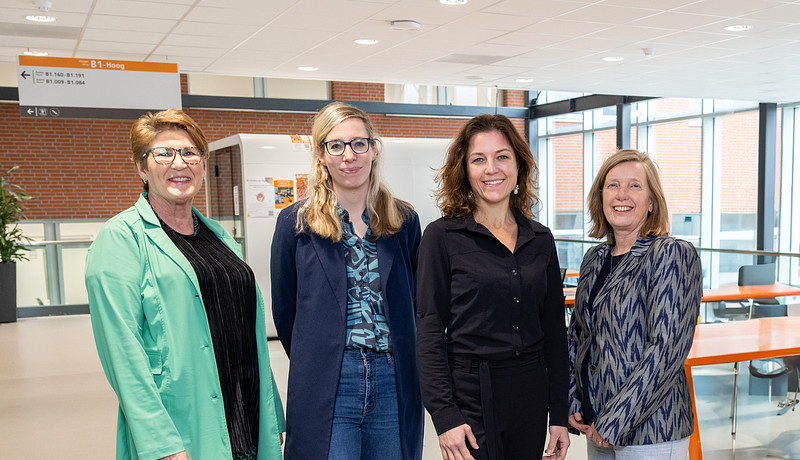
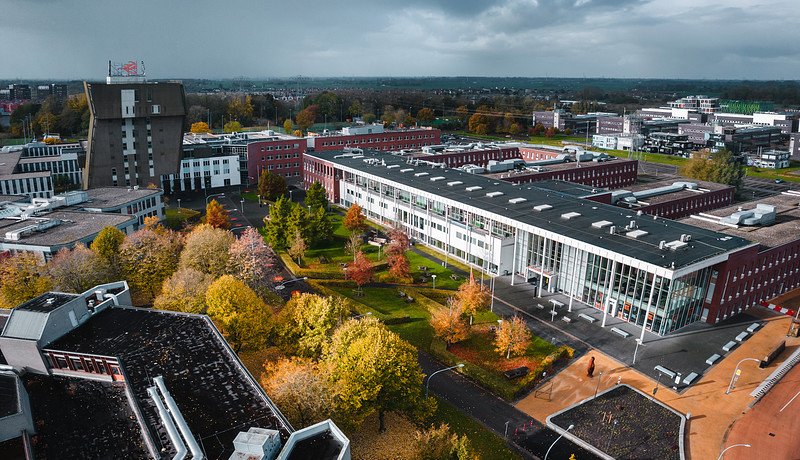
.jpg?_jwt=eyJhbGciOiJIUzUxMiIsInR5cCI6IkpXVCJ9.eyJ1cmwiOiJodHRwczovL3d3dy5oYW56ZS5ubC9iaW5hcmllcy9jb250ZW50L2dhbGxlcnkvaGFuemUvc3R1ZGVyZW4vd2VydmluZy1ubC9oYW56ZS1tYXN0ZXJzLzIwMjQtLS1oYW56ZS1tYXN0ZXItLS0xNy0wNS0yMDI0LS0tMS0xNy0xOC5qcGc_dHM9MTcyMTczMzMyOTYyNyIsIndpZHRoIjo4MDAsImhlaWdodCI6NDYwLCJmb2N1c1BvaW50WCI6LTAuMDcsImZvY3VzUG9pbnRZIjotMC4xNiwiaXNzIjoiZjIxZWNmNzhjODQzNGQ1ZGI0MWY1ZDhhM2FkMGY2ZGEiLCJhY3Rpb24iOiJ0cmFuc2Zvcm0ifQ.vllG7dpRKaZkTSiKvwjVUxWxBsAfsEER7HnfIZjU0aayvspWorPhhVf73WQmduuLzkXSMEh48obkBj1NEv0HUg)
.jpg?_jwt=eyJhbGciOiJIUzUxMiIsInR5cCI6IkpXVCJ9.eyJ1cmwiOiJodHRwczovL3d3dy5oYW56ZS5ubC9iaW5hcmllcy9jb250ZW50L2dhbGxlcnkvaGFuemUvc3R1ZGVyZW4vd2VydmluZy1ubC9oYW56ZS1tYXN0ZXJzLzIwMjQtLS1oYW56ZS1tYXN0ZXItLS0xNy0wNS0yMDI0LS0tMS0xNy0yNC5qcGc_dHM9MTcyMTczMzM0MDM4NiIsIndpZHRoIjo4MDAsImhlaWdodCI6NDYwLCJmb2N1c1BvaW50WCI6MC4wLCJmb2N1c1BvaW50WSI6MC4wLCJpc3MiOiJmMjFlY2Y3OGM4NDM0ZDVkYjQxZjVkOGEzYWQwZjZkYSIsImFjdGlvbiI6InRyYW5zZm9ybSJ9.IDuU-Mvip0E4MkYo2c9n4ItLLpPChj12DqQ-jgqrkoQSVEZQiLGrZYpRxfmozNYaOqRcmhvRnzT-TDvX50hT2g)
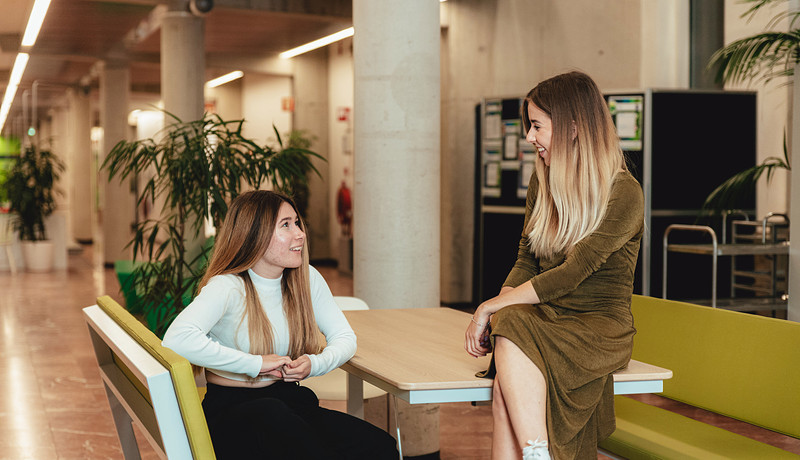
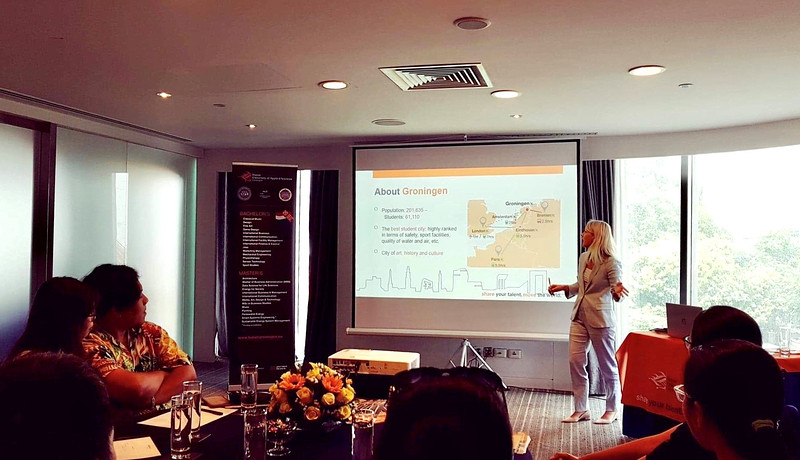
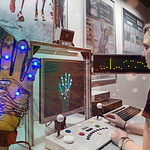
How satisfied are you with the information on this page?
Give your opinion
Thanks for your feedback. We will do something with it.
Hanze University of Applied Sciences uses cookies to ensure that the website functions optimally, some of which are placed for third-party services. Want to know more? Read our cookie policy at cookie policy.
Hanze University of Applied Sciences uses cookies to ensure that the website functions optimally, some of which are placed for third-party services. Want to know more? Read our cookie policy at cookie policy.
Only cookies that are necessary for the basic operation of the website are loaded. Only anonymous basic information is used for website analysis. No personal data is stored.
To be able to use additional functions, such as videos and forms, functional cookies are placed. Only anonymous basic information is used for website analysis. No personal data is stored.
Statistical cookies are used to improve the user experience, which means there are more possibilities for website analysis. Only anonymous information is used for website analysis. No personal data is stored.
Marketing cookies are used to show relevant advertisements on advertising platforms such as Facebook and Google. The cookies share individual data about your surfing behavior on our website.
This element requires cookies.
Accept 'functional cookies' to see this content.